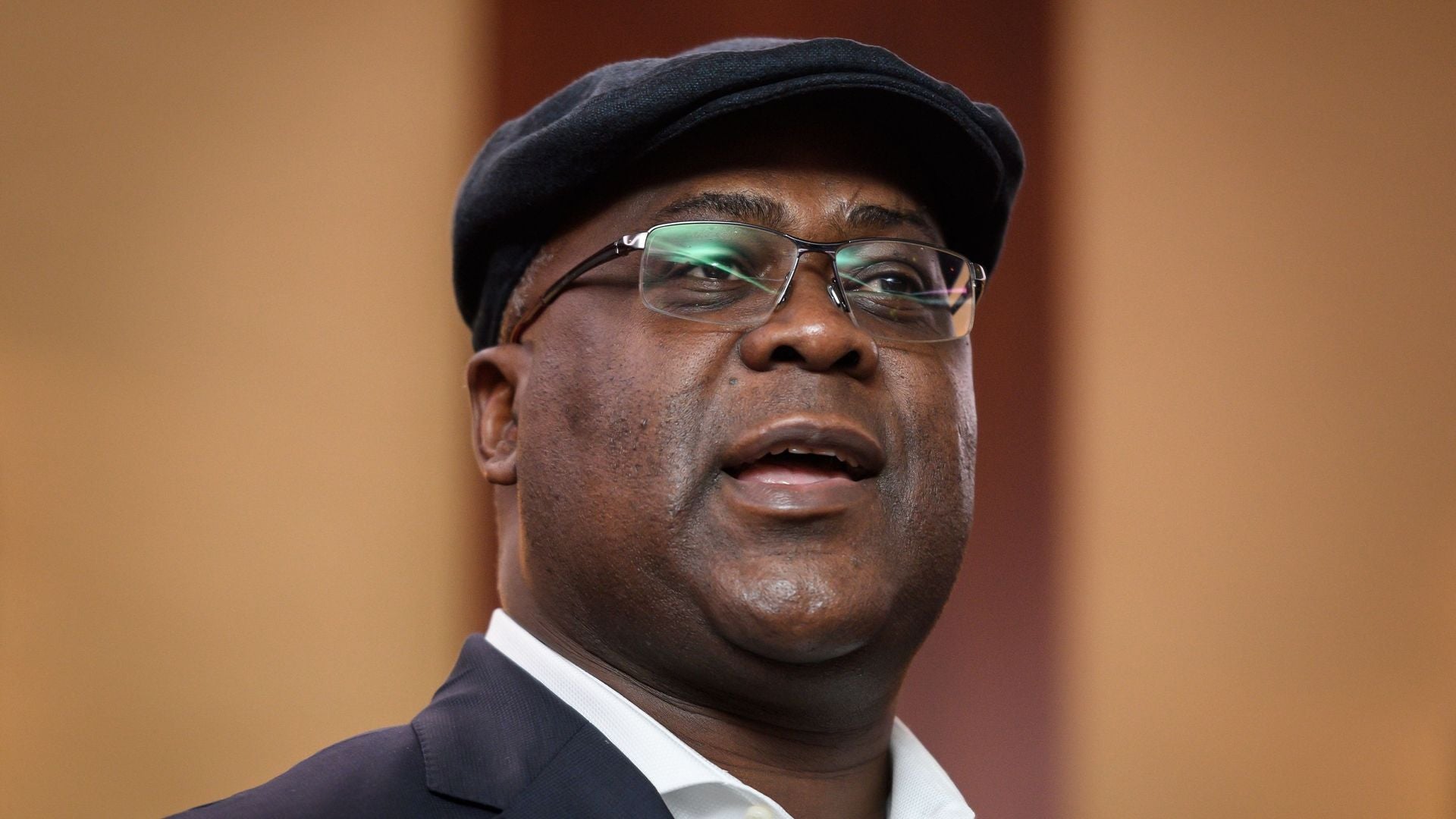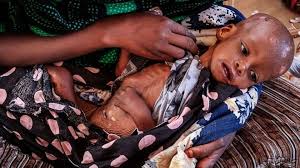
Title: DRC: Constitutional revision, how far will Tshisekedi go?
As Félix Tshisekedi proposes to revise the Constitution, tensions are rising in the Democratic Republic of Congo. With a text deemed "outdated" according to the presidency, UDPS supporters are enthusiastic, while the opposition and civil society fear a political maneuver to prolong his power. The question of presidential mandates could be decided by a referendum, suggesting a decisive battle.
A reform deemed necessary by Tshisekedi, but contested
During his trip to Kisangani, Félix Tshisekedi did not mince his words: the current Constitution is said to be "outdated". He justifies the reform by calling for a text that would reflect a stronger DRC, master of its destiny. For the president, the Constitution, written in a period of crisis, is unsuited to the aspirations of today's Congo. A commission should, in 2025, examine this fundamental text in depth to determine the extent of the modifications. But behind Tshisekedi's stated intentions, the opposition sees it as a maneuver to circumvent the limitation of mandates and to establish itself in power for the long term.
Presidential spokesperson Tina Salama clarified that this project does not necessarily mean a change in the length of mandates. She also assured that a presidential ordinance will define the missions and composition of the commission responsible for examining the reform. For the opposition, however, there is great fear that this commission will become a tool of legitimacy for a prolonged presidency. At the head of the opposition, the Lamuka movement, through its spokesperson Prince Epenge, denounces a priority "disconnected" from the real needs of the country, alluding to the war in the East and an economy in crisis.
"The people said no under Kabila, they are ready to say no under Tshisekedi," insists Epenge, calling on the president not to sacrifice the country's real challenges for the benefit of personal ambitions.
Civil society and Cenco, between vigilance and caution
In a context where public opinion is divided, civil society and religious institutions such as the National Episcopal Conference of Congo (Cenco) are concerned about the possibility of political manipulation of the Constitution. The secretary general of Cenco, Bishop Donatien Nshole, recalls a meeting last June with the president, during which the bishops called on Tshisekedi to exercise caution.
"It was not a pressing issue," he told us, "and he has no intention of staying in power for long," Bishop Nshole said.
However, the current U-turn of the UDPS leaves some doubt. While a fringe of bishops remains convinced of Tshisekedi's initial intentions of prudence, the strong support of his party and the discourse of certain leading figures suggest that the idea of a third term could well be emerging. In this context, the Cenco reaffirms the need for a transparent process, but remains attentive to any desire to unlock Article 220 of the Constitution, which limits presidential terms to two.
Towards a referendum, the Congolese people as arbiter?
The issue of term limits is particularly sensitive. Tshisekedi has suggested that this issue could depend on the will of the people, and Tina Salama has confirmed that the option of a referendum is not excluded. The idea of consulting the people seems attractive to UDPS supporters, who see it as a way to adapt the Constitution to the realities and aspirations of contemporary DRC. UDPS MP and executive Eteni Longondo goes even further by proposing that the number of years in a presidential term could be reassessed.
"We believe that we have become strong, and that we must write a constitution that gives the Congolese sovereignty over their land," Longondo says.
This approach, which insists on a "rediscovered" sovereignty, resonates with a nationalist discourse, where the UDPS presents the revision as an emancipation from the war period. For Tshisekedi's supporters, allowing the president to extend his mandate would therefore be an act of sovereignty, a victory for participatory democracy. But for his detractors, this rhetoric poorly masks an attempt to control power in defiance of the principles of limitation established under Kabila.



Leave a comment
This site is protected by hCaptcha and the hCaptcha Privacy Policy and Terms of Service apply.